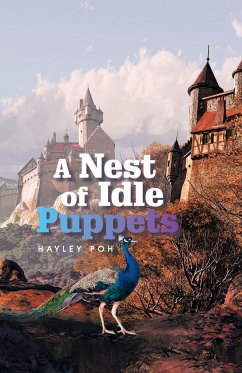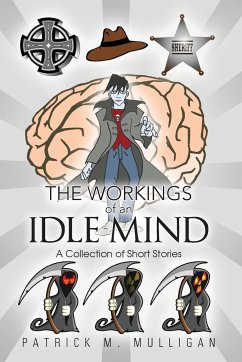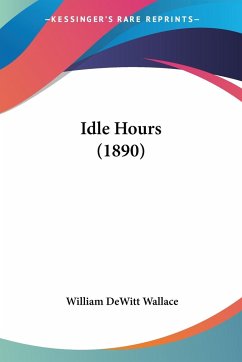Little Larch seems, at first glance, a perfectly ordinary place. The children are well-behaved and the scenery is beautiful. But look closer, you won't have noticed this before: Little Larch is ruled by a prejudiced tyrant whom everybody calls the Mayoress. The hierarchy is divided into three primary groups-the plebeians, the commoners; the neutral ones, who refuse to pick a side; and the patricians, the upper-class pseudo-nobility, who will do everything in their power to keep the Mayoress in power. Then there's Hildegard, whose plebeian family is just like any other. Hildegard, under normal circumstances, wouldn't have considered trying to change the social hierarchy. She knows only a fool would attempt to overthrow the seemingly all-powerful Mayoress. But this is different. The witch who (rather reluctantly) agreed to turn Hildegard's heart to ice wants something to change. In any case, the next Election Day is nearing, and if she wins this one, the Mayoress will get to do whatever she wants once and for all. Magic must be added to the chaotic mess to give Hildegard and her mysterious ally a shot at succeeding, but beware-there's a price for everything, including doing whatever it takes to win. So there goes the story: a bizarre tale of social commentary, strange, deadly magic, and the consequences of taking shortcuts. The ultimate question is, Does the end justify the means?
Hinweis: Dieser Artikel kann nur an eine deutsche Lieferadresse ausgeliefert werden.
Hinweis: Dieser Artikel kann nur an eine deutsche Lieferadresse ausgeliefert werden.








